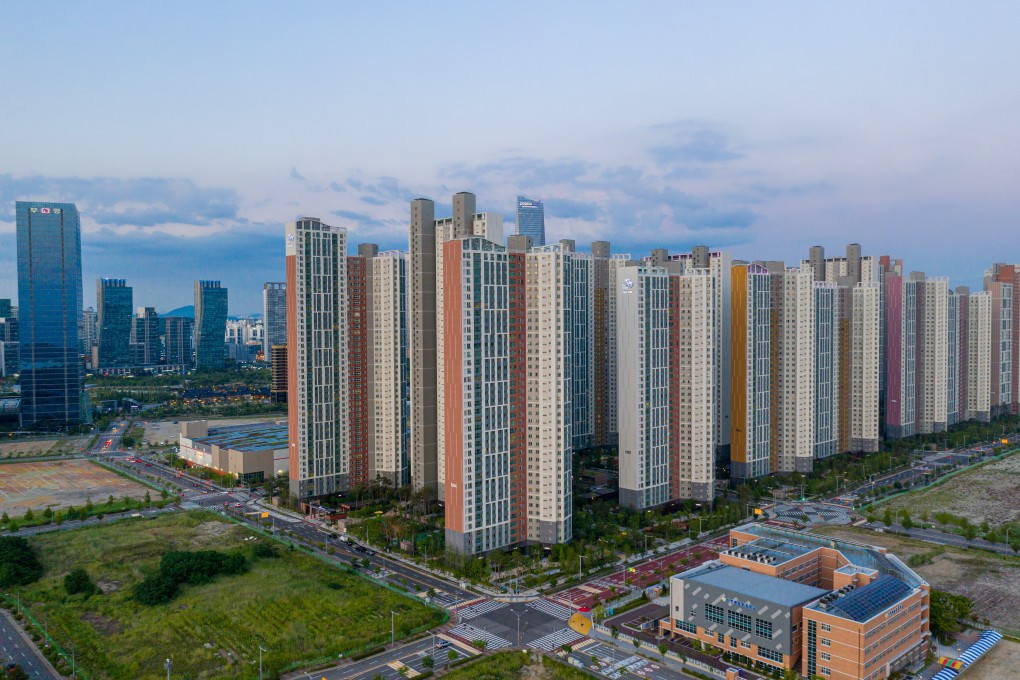From South Korea to Malaysia, the ‘smart cities’ hailed as answer to world’s urban ills turn to ghost towns
- Across the globe, urban developments conceived by corporations have been pitched as technological and eco-friendly utopias
- But many are prohibitively expensive and catalysts for land dispossession and social inequality

Every morning, at 8.30am, an announcement is piped though a speaker in the ceiling of Kim Jong-won’s flat, barking the daily bulletin in a high-pitched voice. The disembodied broadcaster details new parking measures, issues with the pneumatic waste disposal chute and various building maintenance jobs to be carried out that day.
“There’s no way of turning it off,” sighs Kim’s wife, Jung-sim, as she prepares breakfast. “I hate technology but my husband is an early adopter. He has to have everything first.”
The feature Kim enjoys most is a small touch screen display on his kitchen wall that allows him to keep track of his and his wife’s consumption of electricity, water and gas and, most important, compare it against the average statistics for the building. Flicking between the screens of bar charts and graphs, a broad grin spreads across his face: for yet another day running, they are more energy-efficient than all their neighbours.

From their living room window at the top of one of the city’s new residential towers, a panorama of downtown Songdo unfolds. Across an eight-lane highway lies Central Park, a broad swathe of trees surrounding an ornamental lake, flanked by rows of glass towers with vaguely jaunty silhouettes. Armies of identikit concrete flat blocks march into the hazy distance beyond, terminating at a Jack Nicklaus-designed golf course. It looks a lot like many other modern Asian cities, a place of generic towers rising above a car-dominated grid. Public life is mostly confined to the air-conditioned environments of malls and private leisure clubs.